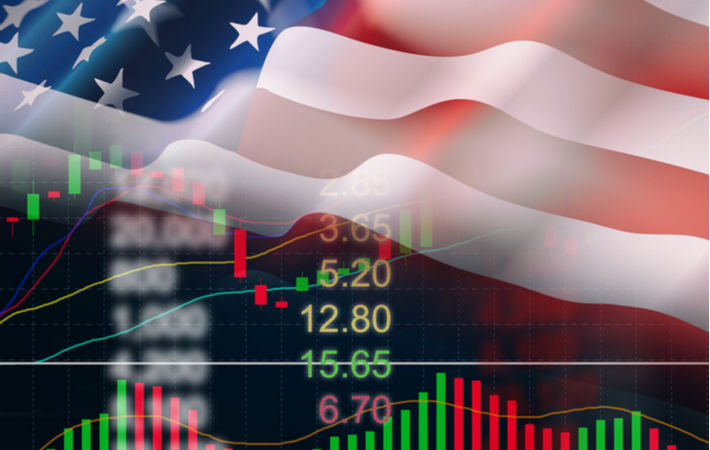US business conditions remained strong during 2021 second quarter (Q2), according to a survey conducted in July by Washington, DC-based National Association for Business Economics (NABE). Two-thirds of respondents report rise in sales at their firms in Q2 2021, while only 3 per cent indicate sales declined. Most anticipated a strong trajectory for inflation-adjusted gross domestic product (real GDP) till the spring of 2022.
NABE president Manuel Balmaseda said in a press release that 86 per cent of respondents expect real GDP growth over the next year will equal 3 per cent or more.US business conditions remained strong during 2021 second quarter (Q2), according to a July survey by the National Association for Business Economics. Two-thirds of respondents report rise in sales at their firms in Q2 2021, while only 3 per cent indicate sales declined. Most anticipated a strong trajectory for real gross domestic product till 2022 spring.#
The July 2021 NABE Business Conditions Survey report presents the responses of 93 NABE members.
“A record-high share of respondents reports that profit margins increased at their firms in the second quarter of 2021,” said the survey’s chair Eugenio J Aleman, who is chief economist at the Energy Information Administration.
“At the same time, materials costs rose at a majority of respondents’ firms. “Respondents continue to be optimistic about the near-term outlook for employment. A third of respondents reported their firms had added workers in the second quarter, and an even higher share expects an increase in their workforce in the next three months,” continued Aleman.
Two-thirds of respondents anticipate real GDP to expand between 3 per cent and 5.9 per cent over the next four quarters (Q2 2021 through Q2 2022), and an additional 20 per cent foresee growth expanding between 6 per cent and 8.9 per cent.
Almost two-thirds (66 per cent) of respondents report that sales at their firms increased in Q2 2021, slightly higher than the 65 per cent that reported an increase during the April survey. The share reporting a decrease in sales declined considerably, from 12 per cent in the April survey to just 3 per cent in the July survey, NABE said in a press release.
The COVID-19 pandemic appears to have made a permanent imprint on work-from-home policies. Sixty-one per cent of respondents indicate that a flexible/hybrid policy will remain in place after COVID-19. Twenty-one per cent of panelists indicate that work-from-home policies will go back to their pre-COVID arrangement.
Thirty-nine percent of panelists indicate their firms are experiencing a worker shortage, with the shortfall most prevalent in the goods-producing sector. The reasons vary, with 14 per cent of all panelists indicating there are not enough applicants, and 17 per cent reporting that there are plenty of applicants, but an inadequate number of matches.
Forty per cent of the panelists indicate that their companies are experiencing delays in receiving materials or other inputs, with respondents from the goods-producing sector accounting for the largest share holding this view.
Twenty-two percent of all respondents specify that the delays and shortages have had a minor impact on output. Thirteen per cent note that the delays/shortages have not affected output. Only 5 per cent indicate a major impact.
Sixty-one per cent of panelists indicate that their firms’ sales volumes have already returned to their normal level of operations relative to the pre-pandemic period, up from 48 per cent in the April survey. Fourteen per cent expect that to happen sometime in 2021.
Twenty-one per cent anticipate sales to return to normal sometime in 2022, down only slightly from 23 per cent in the April survey. Only 1 per cent of panelists do not anticipate normalcy until 2023 or later, down from 4 per cent in the April survey.
Fibre2Fashion News Desk (DS)
